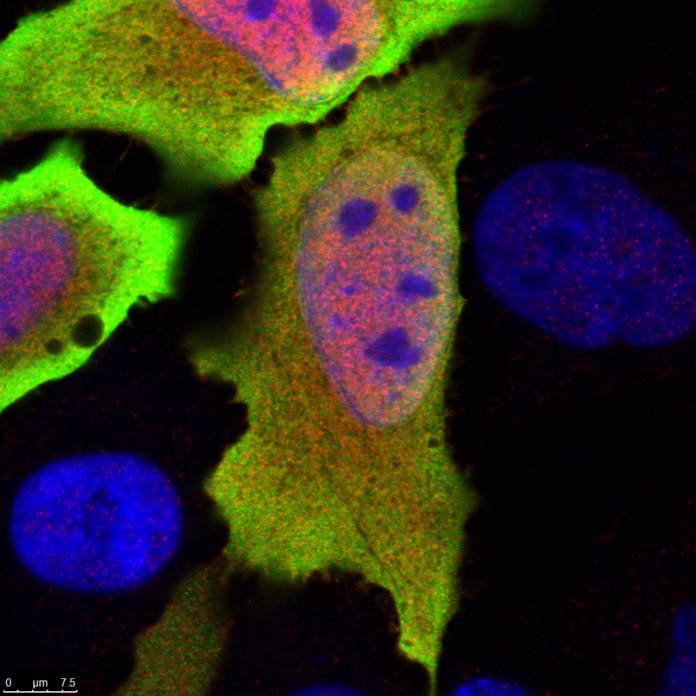Our immune system produces proteins called cytokines that assistance strengthens the immune system and work to prevent infections and different pathogens from recreating and causing sickness.
A new discovery by the CSIRO scientists, the gene, called C6orf106 or “C6”, controls the production of proteins involved in infectious diseases, cancer, and diabetes. C6 regulates this procedure by turning off the generation of specific cytokines to prevent our immune response from spiraling out of control.
The cytokines managed by C6 are involved in an assortment of diseases including cancer, diabetes, and inflammatory disorders, for example, rheumatoid arthritis.
According to scientists, this finding could help improve our understanding of our immune system, and it is hoped that this understanding will enable scientists to develop new, more targeted therapies.
Dr. Rebecca Ambrose, a former CSIRO researcher said, “Even though the human genome was first fully sequenced in 2003, there are still thousands of genes that we know very little about. It’s exciting to consider that C6 has existed for more than 500 million years, preserved and passed down from simple organisms all the way to humans. But only now are we gaining insights into its importance.”
CSIRO researcher Dr. Cameron Stewart said, “The current name, C6orf106, reflects the gene’s location within the human genome, rather than relating to any particular function.”
“We think we can do better than that, and are inviting suggestions from the public.”
“A shortlist of names will be made available for final approval by a governing third party.”
Dr. Rebecca Ambrose was part of the CSIRO team that discovered the gene and co-authored the recent paper announcing the discovery in the Journal of Biological Chemistry.
